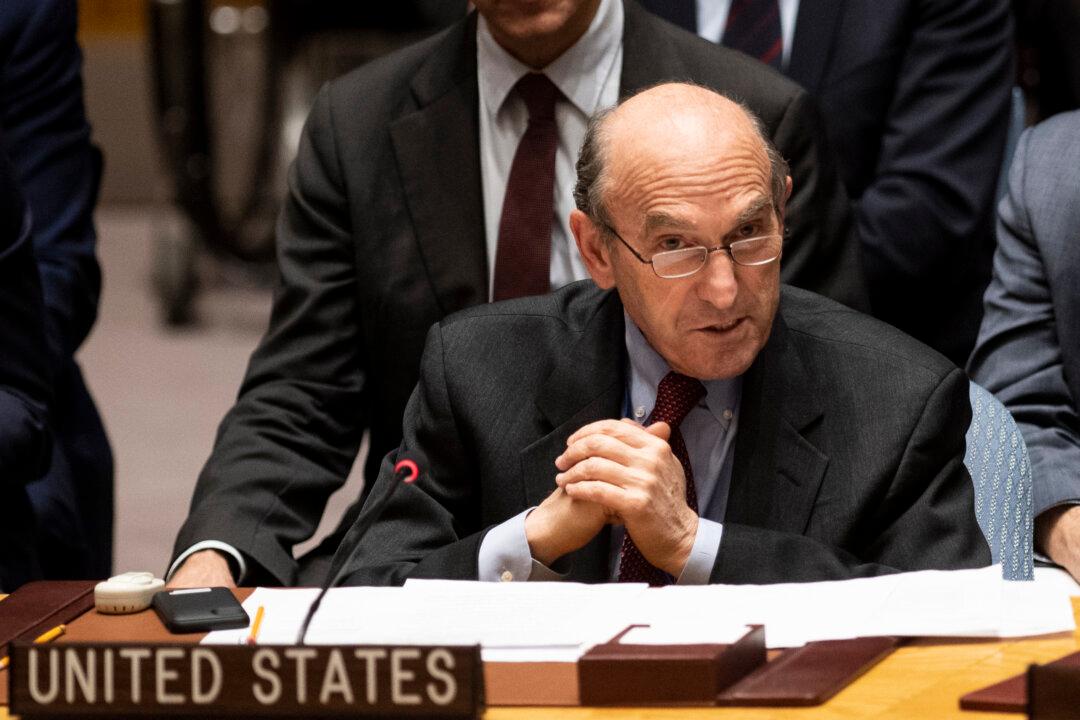The United States on March 1 imposed new visa restrictions on individual officials and their families who are aligned with illegitimate dictator Nicolás Maduro. At the same time, six Venezuelan government officials associated with the obstruction of humanitarian aid deliveries were specifically named and sanctioned.
Special Representative for Venezuela Elliott Abrams made the visa announcement in a State Department briefing and pledged to continue to take “appropriate action” against Maduro and the corrupt actors who surround him.





